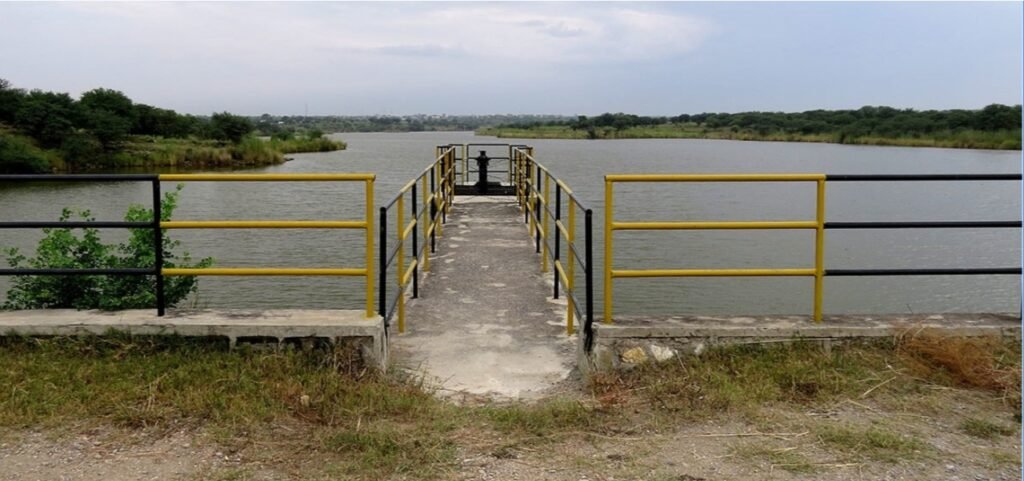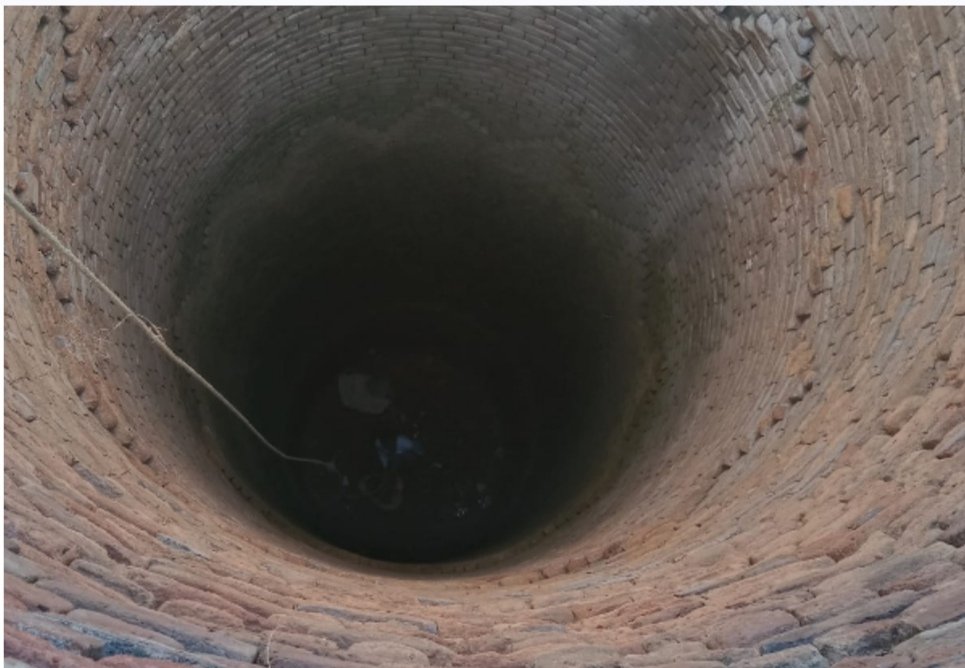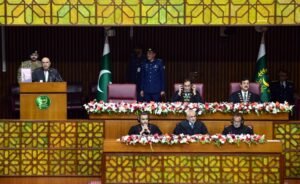
Ghazial/Maswal Dam near Mulhal Mughlan chakwal
Water scarcity in the Potohar region is not just a problem, it’s a real, everyday struggle, especially during the hot months of May and June. I’ve seen many old wells, used by families for generations, run completely dry just when people need water the most. Local Farmers used to rely on these wells and seasonal rains to water their crops and meet household needs. But with climate change, rains have become unpredictable, and summers have been hotter than ever before. Organisations like PODA, and others are working hard to support and empower local communities to set up their own rainwater harvesting systems. They’re helping people collect rain from rooftops and open areas, store it, and use it later when water is short. These systems help by collecting rainwater when it falls and storing it for dry times. But even with these efforts, the water is still not enough.
What we truly need now are small dams, one in each union council, to catch and store more water. These dams could raise the water level, help farmers irrigate their fields, give water to animals, and provide for families during the driest months. This would be a real game-changer for communities struggling with water shortages. According to a 2025 study published in Water Supply, around 42% of the land in Potohar is very suitable for collecting and storing groundwater. The remaining 58% of the land is only moderately suitable, This means we still have a good chance to use the best parts of the land to meet our water needs. Local authorities should consider this when planning water use in Potohar. To protect the already serious water shortage in the area, policymakers need to act now. They should focus on saving and properly using the 42% of land that has the highest potential for groundwater.

Dry well in Potohar, showing the urgent need for sustainable water management solutions
Another concern is the old ponds that almost every village used to have. These ponds were lifelines places where people washed clothes, watered their animals, and used water for many daily needs (though not for drinking). Now, many of these ponds are destroyed or connected to sewage drains. Instead of helping, they have become breeding grounds for disease.
We need to restore these ponds, clean them up, disconnect the drains, and bring them back to their old condition. Doing this would keep water cleaner and help reduce illness in the villages. I’ve also seen women and children walk long distances to fetch water from neighboring villages because their own wells and water pumps have dried up in the summer season or are contaminated. This journey is tiring and time-consuming. Many families end up buying water, which is expensive and not always reliable. That money could be better spent on food, education, or healthcare. Water scarcity is about much more than just the environment, it’s about survival. It’s about the right of every person to live with dignity, to grow food, and to have clean water for their families. It’s about building a future where no one has to suffer just because there is no water.
I believe the solutions lie with communities themselves. With the right support, building small dams, fixing old ponds, expanding rainwater harvesting, nature-based solutions for greywater treatment, and teaching climate-smart farming, the Potohar region can become stronger and better prepared for dry seasons. It won’t be easy or quick, but if we work together, we can make a difference.

About the Author:
Hamza Bashir Mirza
Climate Advocate, PODA-Pakistan
For inquiries or feedback, feel free to contact me:
Email: hamza.podapakistan@gmail.com
LinkedIn: linkedin.com/in/hamza-bashir-mirza-004678287







